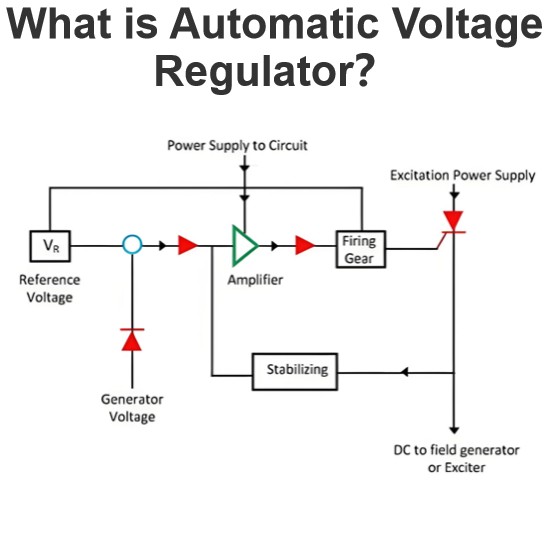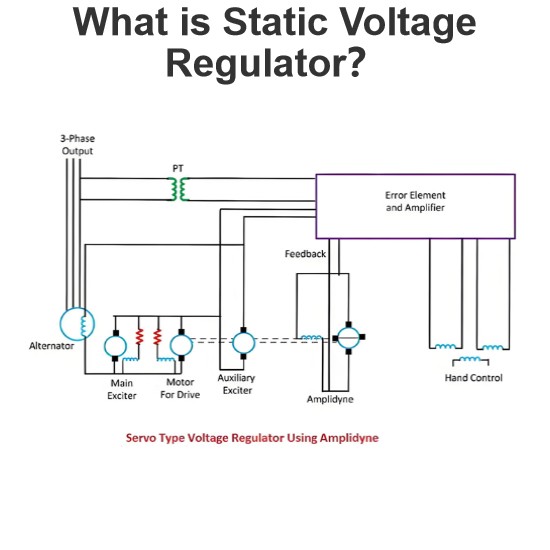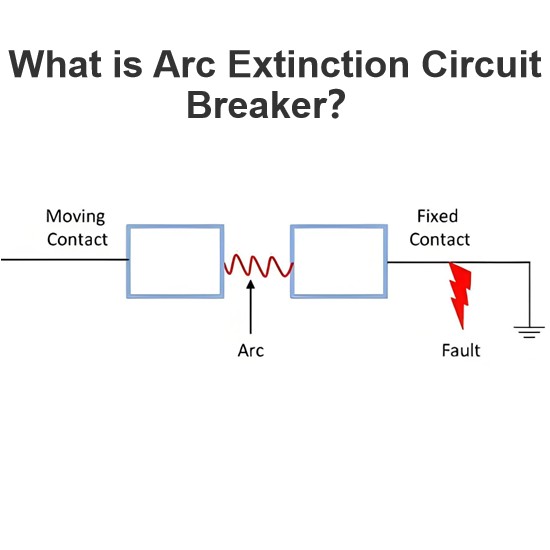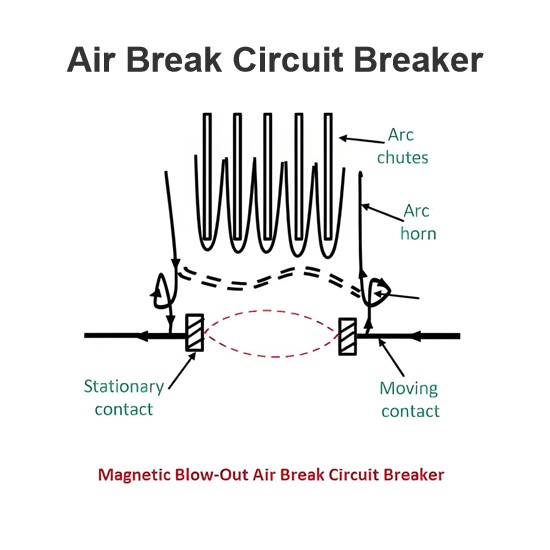What is a Potentiometer?
What is a Potentiometer?
Potentiometer Definition
A potentiometer (also known as a pot or potmeter) is defined as a 3-terminal variable resistor used to control the flow of electric current by adjusting resistance.
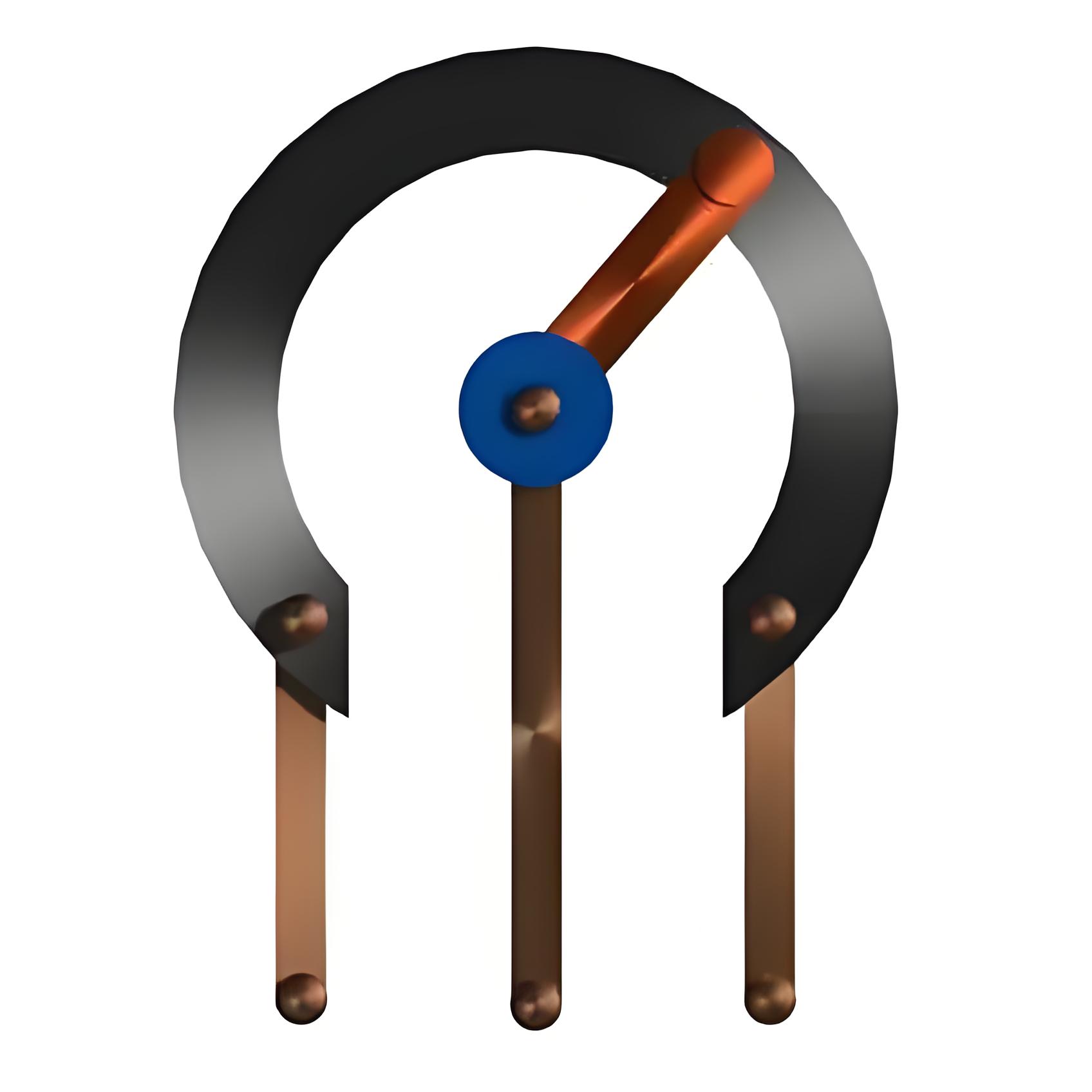
Working Principle
Potentiometers work by moving a sliding contact across a uniform resistance, adjusting the voltage output based on the contact’s position.
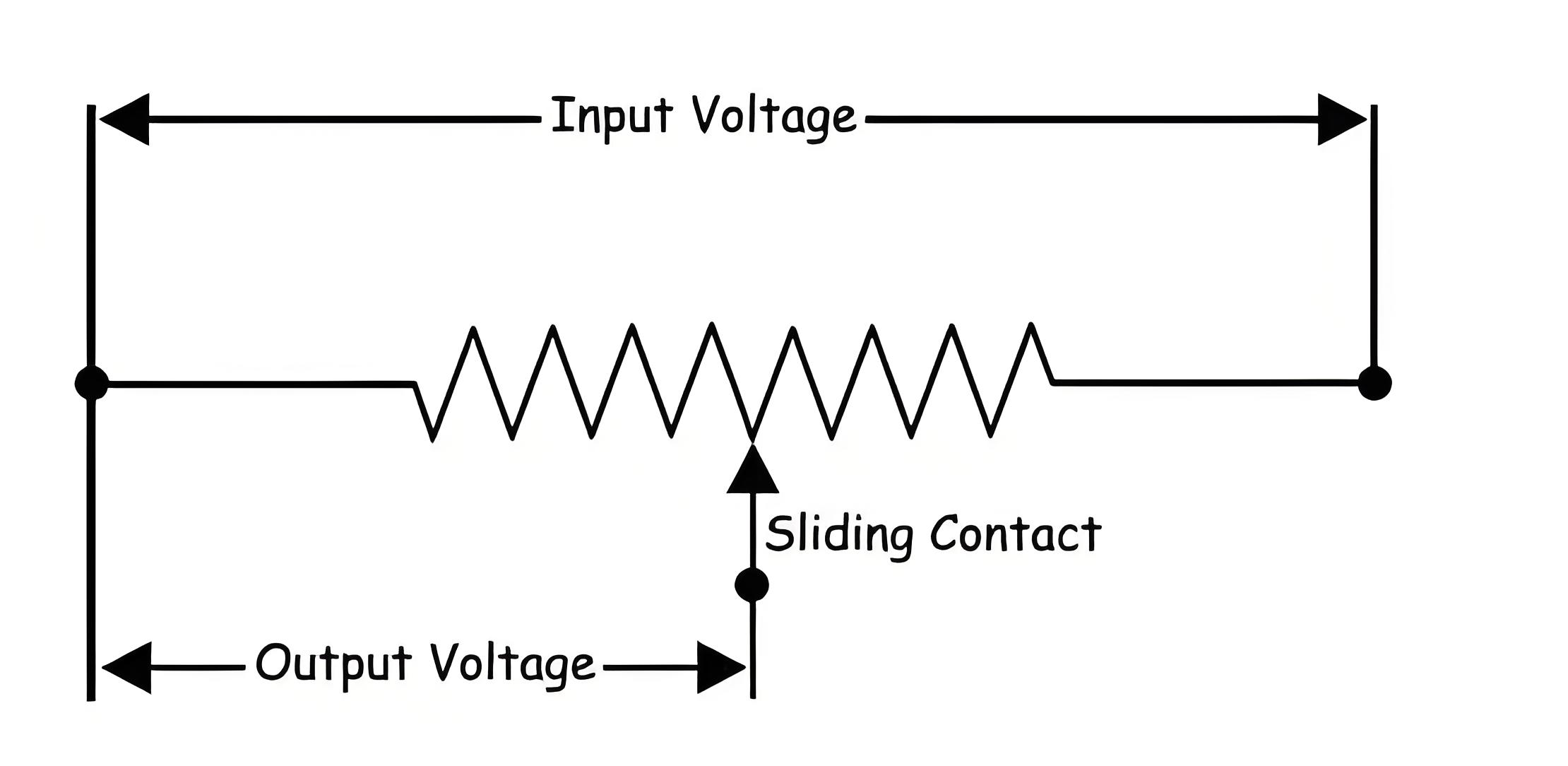
Types of Potentiometers
Rotary potentiometer
Linear potentiometer
Digital Potentiometers
Digital potentiometers offer higher accuracy and reliability than mechanical ones, using electronic controls to vary resistance.
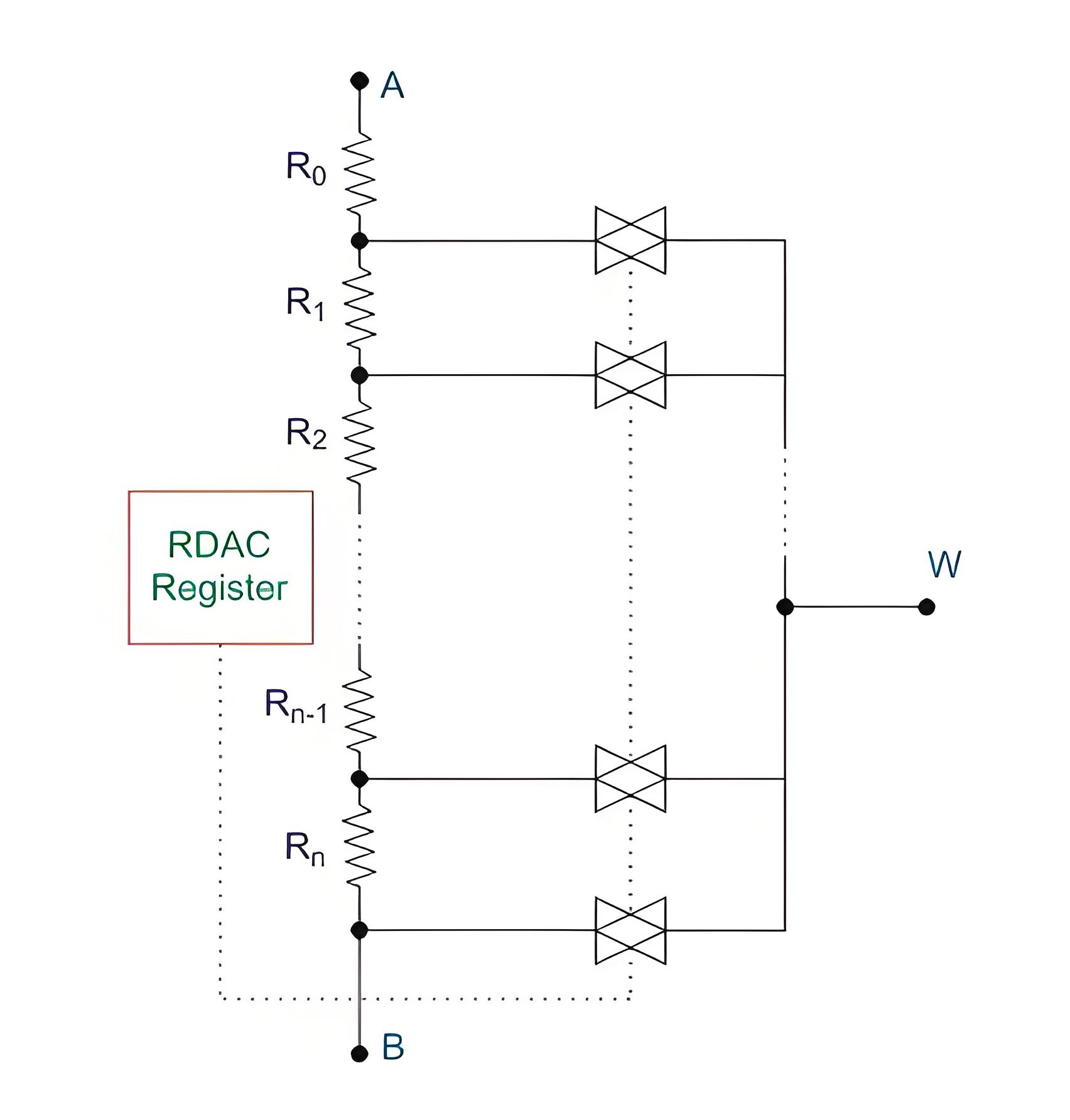
Advantages of Digital Potentiometers
Higher reliability
Increased accuracy
Small size, multiple potentiometers can be packed on a single chip
Negligible resistance drift
No moving part
Tolerance up to ±1%
Very low power dissipation, up to tens of milliwatts
Disadvantages of Digital Potentiometers
Not suitable for high temperature environment and high power application.
The nonlinearity in the wiper resistance adds a harmonic distortion to the output signal. The total harmonic distortion, or THD, quantifies the degree to which the signal is degraded after crossing through the resistance.
Applications
Comparing the emf of a battery cell with a standard cell
Measuring the internal resistance of a battery cell
Measuring the voltage across a branch of a circuit
The Electricity Encyclopedia is dedicated to accelerating the dissemination and application of electricity knowledge and adding impetus to the development and innovation of the electricity industry.
